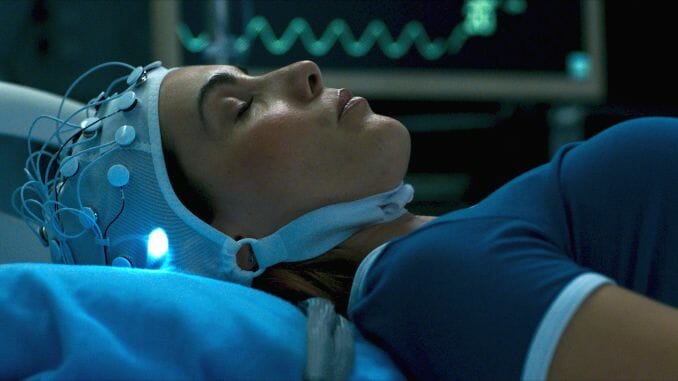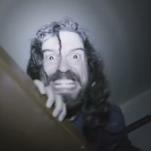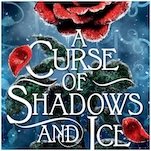Cyberpunk Possession Meets a Perplexing Plot in Demonic

Catholicism gets the Conjuring superstar treatment with a cyberpunk twist in Demonic, South African-Canadian director Neill Blomkamp’s latest sci-fi feature. Though the film’s virtual possession plot line delivers a few genuinely creepy moments, its insistence on positioning the Vatican as a radical nemesis to spiritual evil feels incredibly misguided—if not outright laughable.
-

-

-

-

-

-

-

-

-

-

-

-

-

-

-

-

-

-

-

-

-

-

-

-

-

-

-

-

-

-

-

-

-

-

-

-

-

-

-

-








































